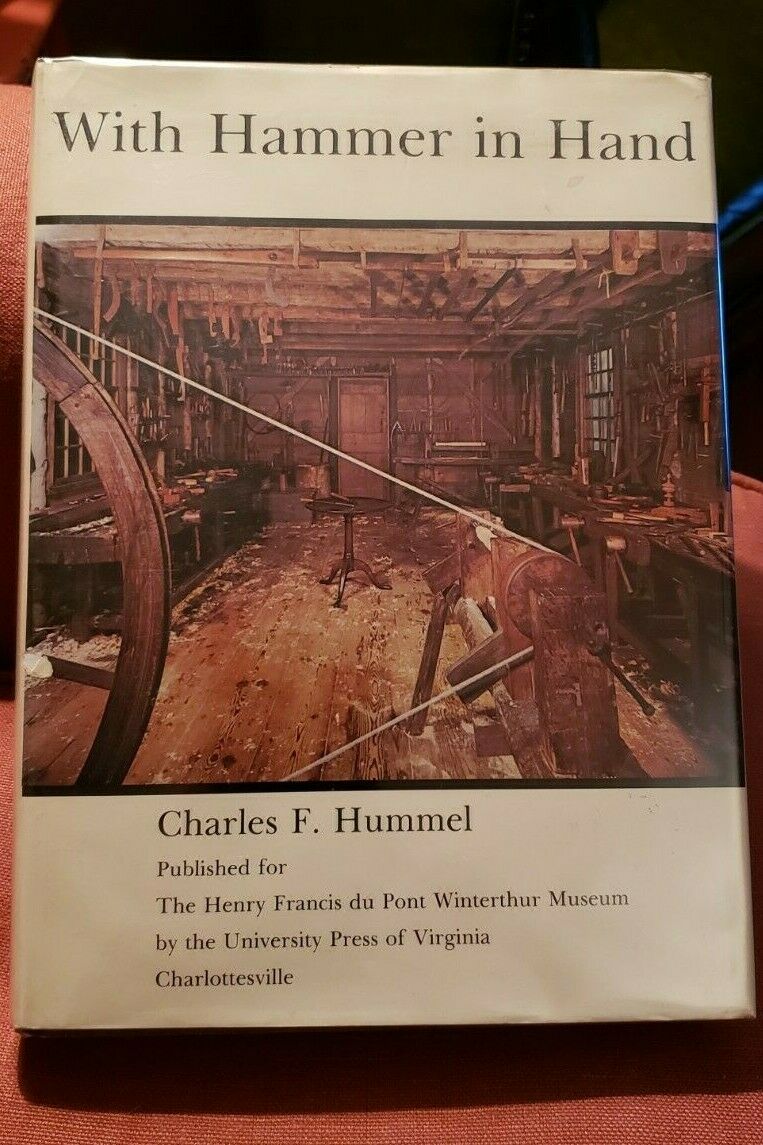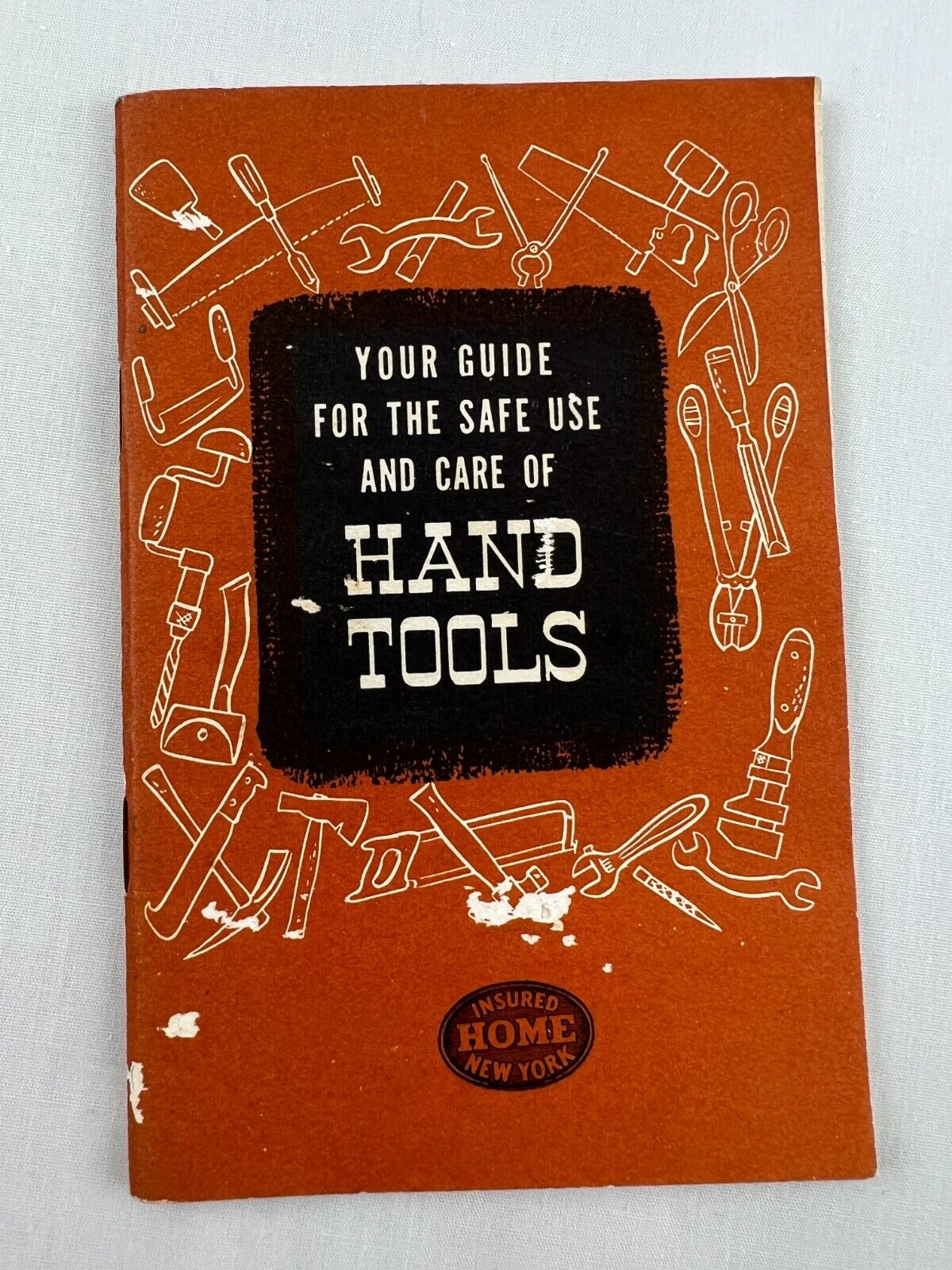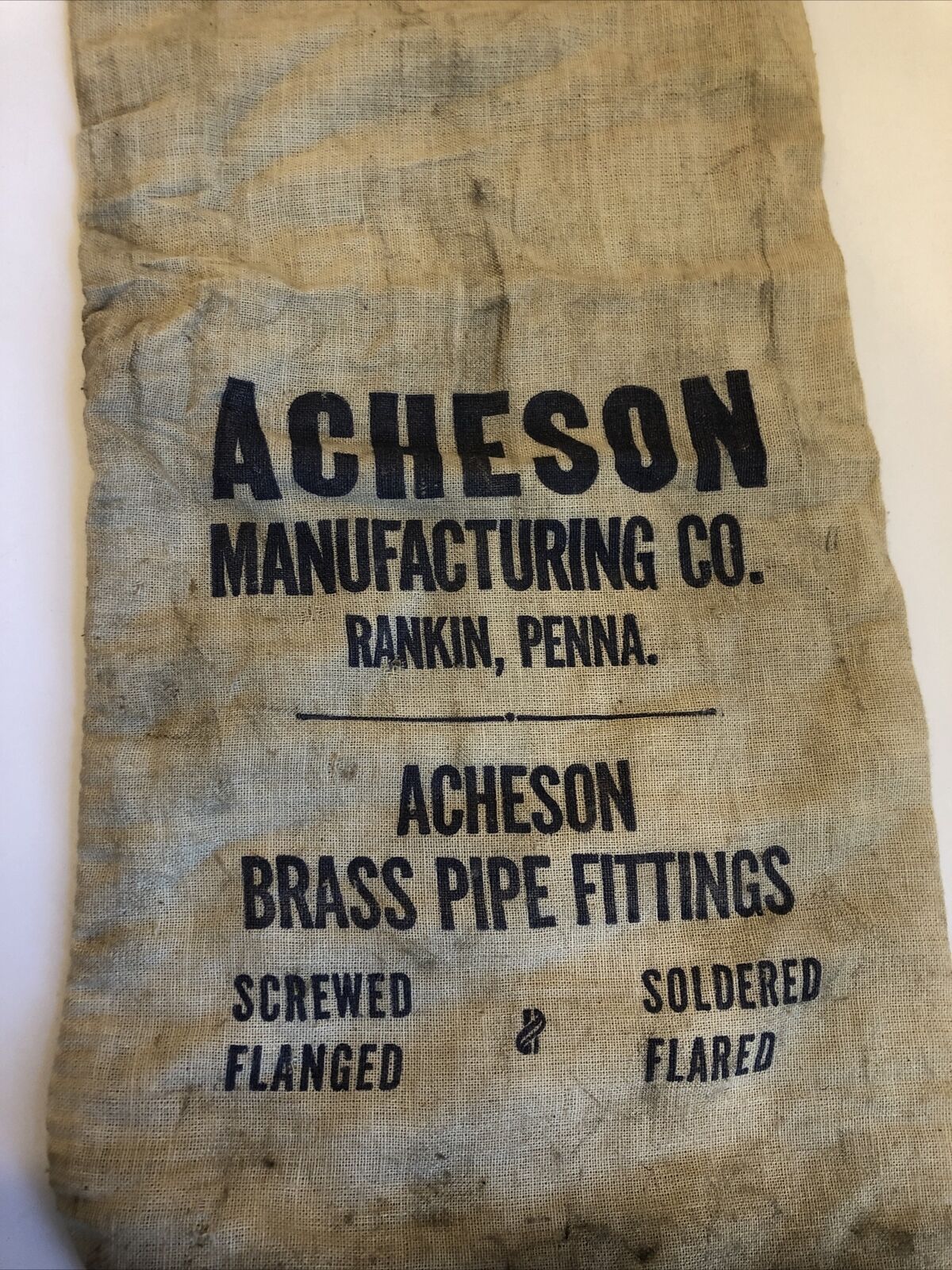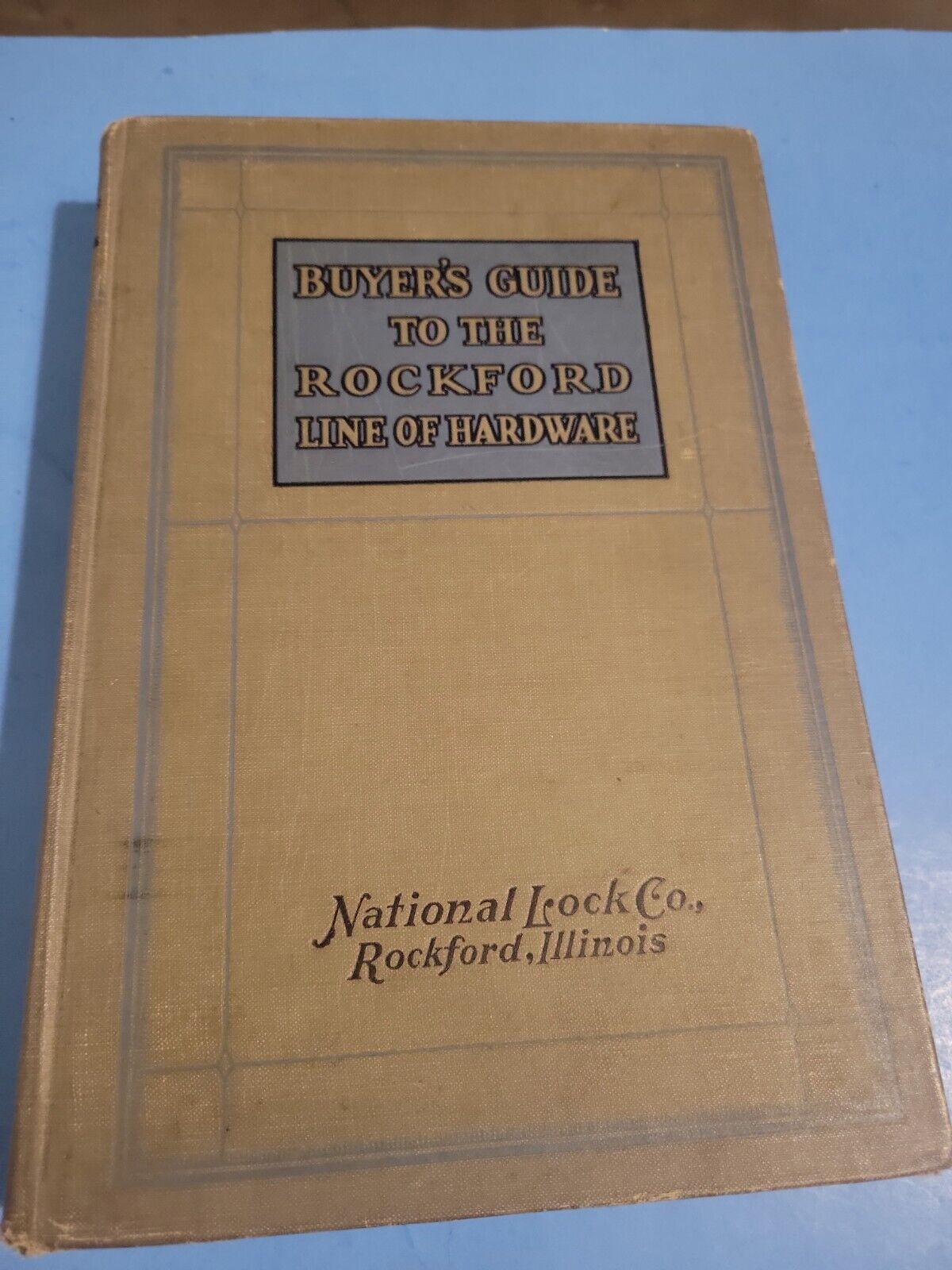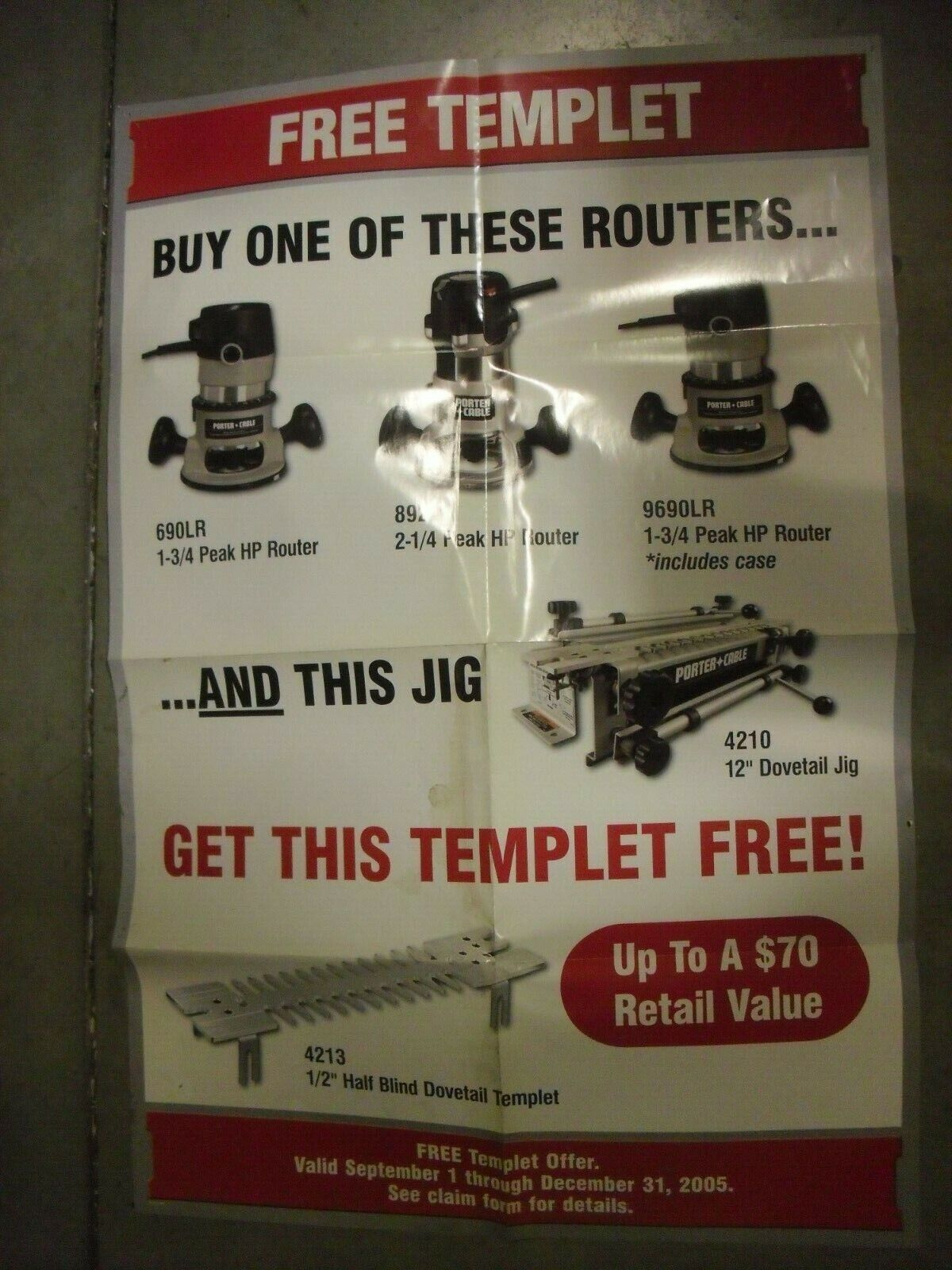-40%
With Hammer in Hand by Charles F. Hummel - MINT CONDITION! - 1976 3rd Printing
$ 66
- Description
- Size Guide
Description
With Hammer in Hand:The Dominy Craftsmen of East Hampton, New York.
By CHARLES F. HUMMEL
(Charlottesville: Published for the Henry Francis du Pont Winterthur Museum by the University Press of Virginia, 1968. 424 p. Illustrations, appendixes, bibliography, index). Third printing 1976.
This book is in
MINT CONDITION
with absolutely no signs of wear and tear and looks absolutely brand new. It has a protective clear plastic cover over the dust jacket, and no markings at all in the book.
Payment by PayPal only; shipped USPS Media Mail
No international sales; no returns
_____________________________________________________________________________________________
CONTENTS:
This is the fascinating story of three generations (from 1760 to 1840) of the Dominy family, craftsman in East Hampton NY - clockmakers, furniture makers and metalworkers. Their shops were purchased more or less complete and re-created at the Winterthur Museum in Delaware (of DuPont funding and fame). This large volume gives definitive details of the Dominy lives, shops, tools and output - a one-of-a-kind collection and story, stretching back to the earliest years of our country. At over 400 pages, it will give the buyer many hours of reading enjoyment and a tremendous amount of knowledge. A really great book in MINT UNUSED condition.
_____________________________________________________________________________________________
EXTRACT FROM BOOK REVIEW
by Alexander Wall/Old Sturbridge Village:
In 1957 a large collection of tools comprising the equipment of a craftshop was discovered in the barn of an antique shop in Southampton, New York. The tools were a major portion of those used by three generations of East Hampton craftsmen by the name of Dominy who worked between 1760 and 1845 in their ancestral home, producing a wide variety of products and services for inhabitants of the surrounding communities.
This discovery set in operation a chain of events which culminated in the acquisition of the entire collection by the Henry Francis du Pont Winterthur Museum and the recreation there of the Dominy woodworking shop and clock shop. The Museum was also able to acquire additional tools and the remaining contents of the Dominy shops, as well as many associated records and objects, from surviving members of the Dominy family and from residents of the East Hampton, New York area. To complete the record, the Museum proceeded to publish a sumptuous volume recording and documenting the life and work of the three craftsmen: Nathaniel Dominy IV (1737-1812), Nathaniel Dominy V (1770-1852), and Felix Dominy (1800-1868).
The volume is a folio 8 1/2 x 11 1/2 with more than 400 excellent illustrations of the tools, extant furniture, and clocks produced by the craftsmen, and an appendix of source material, a bibliography and an index. The thoroughly documented text is nicely divided into three parts: the craftsmen and how they lived, the tool collection, and the work and the products of the craftsmen. The first part predictably traces the history of the family and its relation to the town in which it lived, and describes the woodworking and clock shops both located in the house. It is in parts two and three, however, which offer the most rewarding aspects of the volume, for in the three hundred pages which comprise this portion are found not only a general commentary on the tool collection and an evaluation of it as representative of those owned by contemporary craftsmen, but also a description and an analysis of the use of each tool type. One hundred and seventy-six such analyses appear, many of them illustrated with one or more examples of the tools in the collection. They cover a wide variety of both metalworking and woodworking tools, including those used for cabinetmaking, clockmaking, carpentry, wheelwrighting, coopering, and watch repairing.
